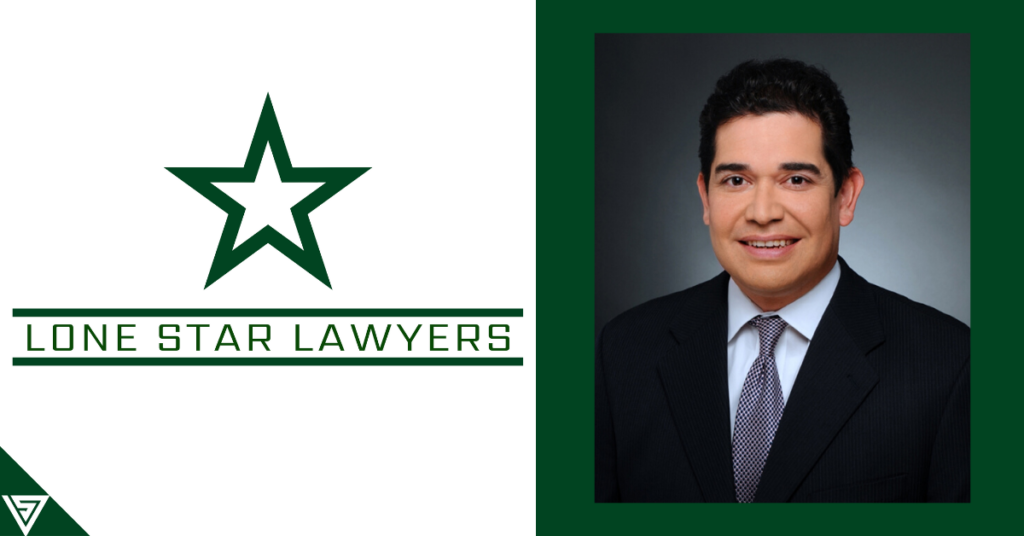Monday Mentors with Houston Trial Lawyer Brian Lopez

Brian and Daniel talk about what the Coronavirus is doing to law practice and how attorneys can adapt during this unusual time.
Coronavirus impact on law practice
- From the clients
- fear for their businesses and jobs
- also a desire to keep things going to at least be prepared
- For his law firm
- Got on it early
- Started noticing problems three weeks ago since his family had been to Europe in mid-February,
- noticed people in public areas wearing masks, and then
- saw the tech companies sending people home in early March, and Harvard moved online early as well.
- So they have been working remotely for over a week, and had plans in place to do so two+ weeks ago
- Reassure attorneys and staff
- You have to adapt quickly
- They already had the platform in place to work remotely as just a way to do business, so that made it much easier to transition
- He had listened to a new attorney right out of law school who said he should go to the cloud for everything
- Went with Clio which specifically works with smaller law firms
- Has an IT firm that he trusts; they came in in early March to make sure everyone was setup
- For those in areas who are vulnerable to hurricanes, basically a necessity since they can force you out of your office
- Got on it early
- Courts/Local Bar
- Harris County first with pushing back cases and hearings, conducting urgent hearings remotely
- Bexar County followed soon
- Texas Supreme Court order: gave 30 additional days to deadlines
- Most counsel have been agreeable to postponements and remote alternatives
- Largest concern is for the health/safety of all involved
- He has a virtual mediation on the calendar next week, and other pretrial activities scheduled as well
- Though recognition that some people want to do depos in person only, and will have to reschedule those
- Advice for lawyers during this time
- Communication
- Has a call with his team leads every morning at 8am
- Those leaders will then go do calls with their team
- Then has a call with his financial team
- Then a call with his operations lead
- Calls with clients
- Then with paralegals/staff as well - they are as much or more concerned with what's going on as anyone
- Has a call with his team leads every morning at 8am
- Routine
- Office hours remain 9am-6pm
- All calls forwarded automatically to off-site receptionist
- Keep lunch hour (or whatever you normally do)
- Take care of physical well-being; don't let this interrupt your exercise routine
- Mental Health
- Continue any meditations/quiet times/yoga, etc.
- Continue therapy sessions
- Pay attention to it
- Communication
When his firm hires associates:
- #1 thing he looks at is writing samples since communication with the court and then the client is important
- Highlight most important issue(s) for the court
- Be able to simplify legal process and terms for the client so that a non-attorney can understand
- Also important to be able to communicate with a jury, which is not how you would write for a court
- He is looking for people who fit into his firm's culture
- good writer
- good teammate to the other 20 people on staff
- not set up to hire "individuals" that aren't interested in working with others/on a team
- community involvement, which can reflect a willingness to help others and ability to be on a team
- need generalists (within litigation/trial); not a specialist in hearings, depos, appeals, etc. Need to be willing/able to do it all.
- Multiple leaders/staff will be involved in the interview process to help identify the right people
- References are important, so be sure to line up people who you've worked with and have credibility who can speak honestly to your work product and approach
Rapid Fire Qs:
- Most important trait/characteristics in associate: good writing
- Key habit: not burning bridges...you'll run into everyone again at some point
- App/productivity tool: Clio, Expensify, time tracker
- Favorite Corona activity: creating a daily soccer game for the kids
- Favorite legal movie: The Firm
